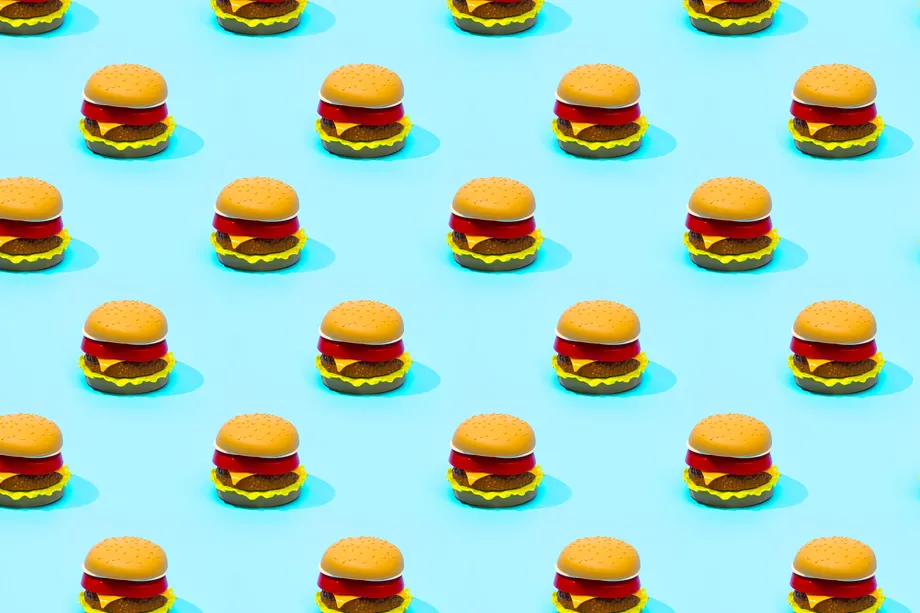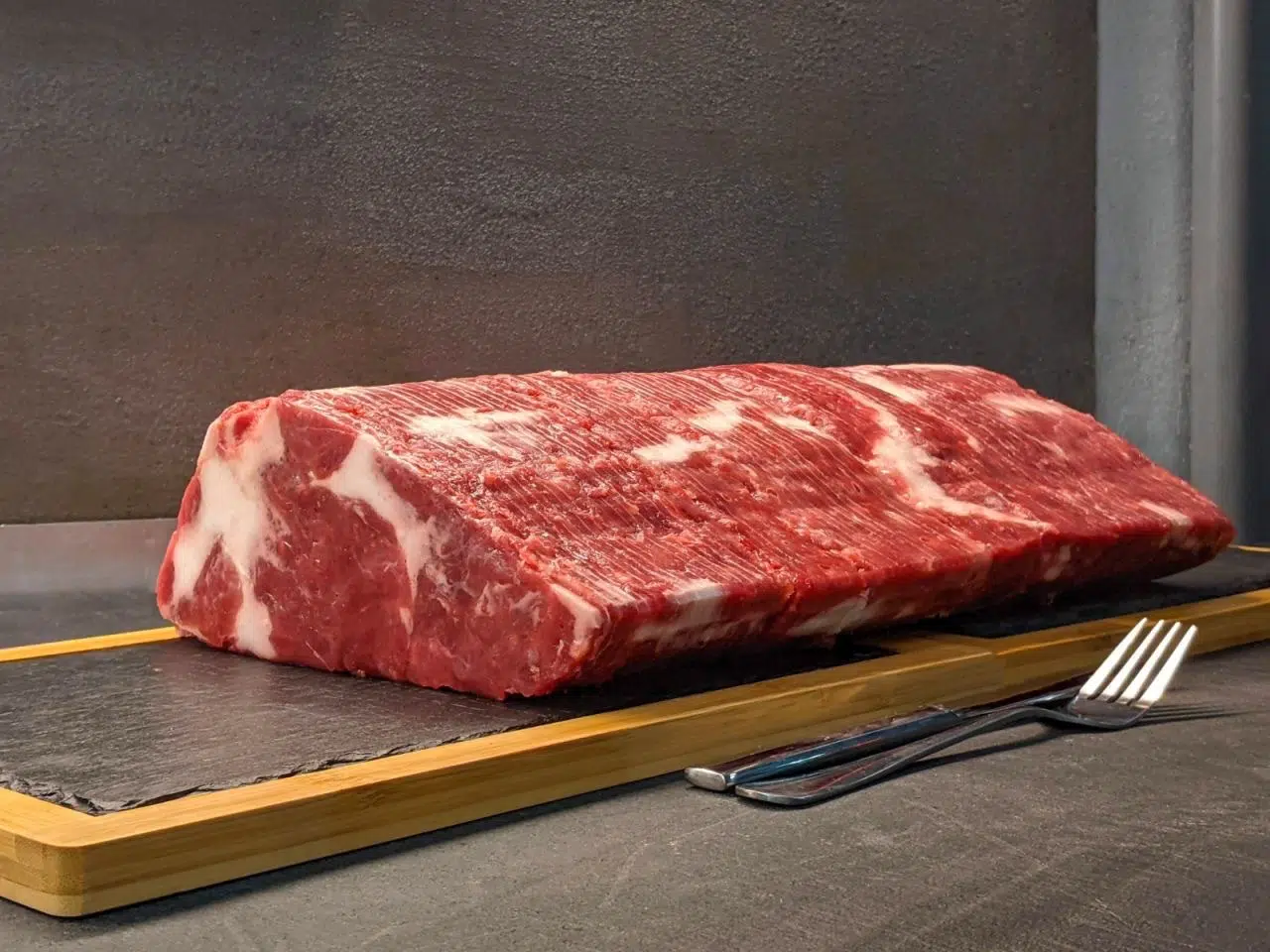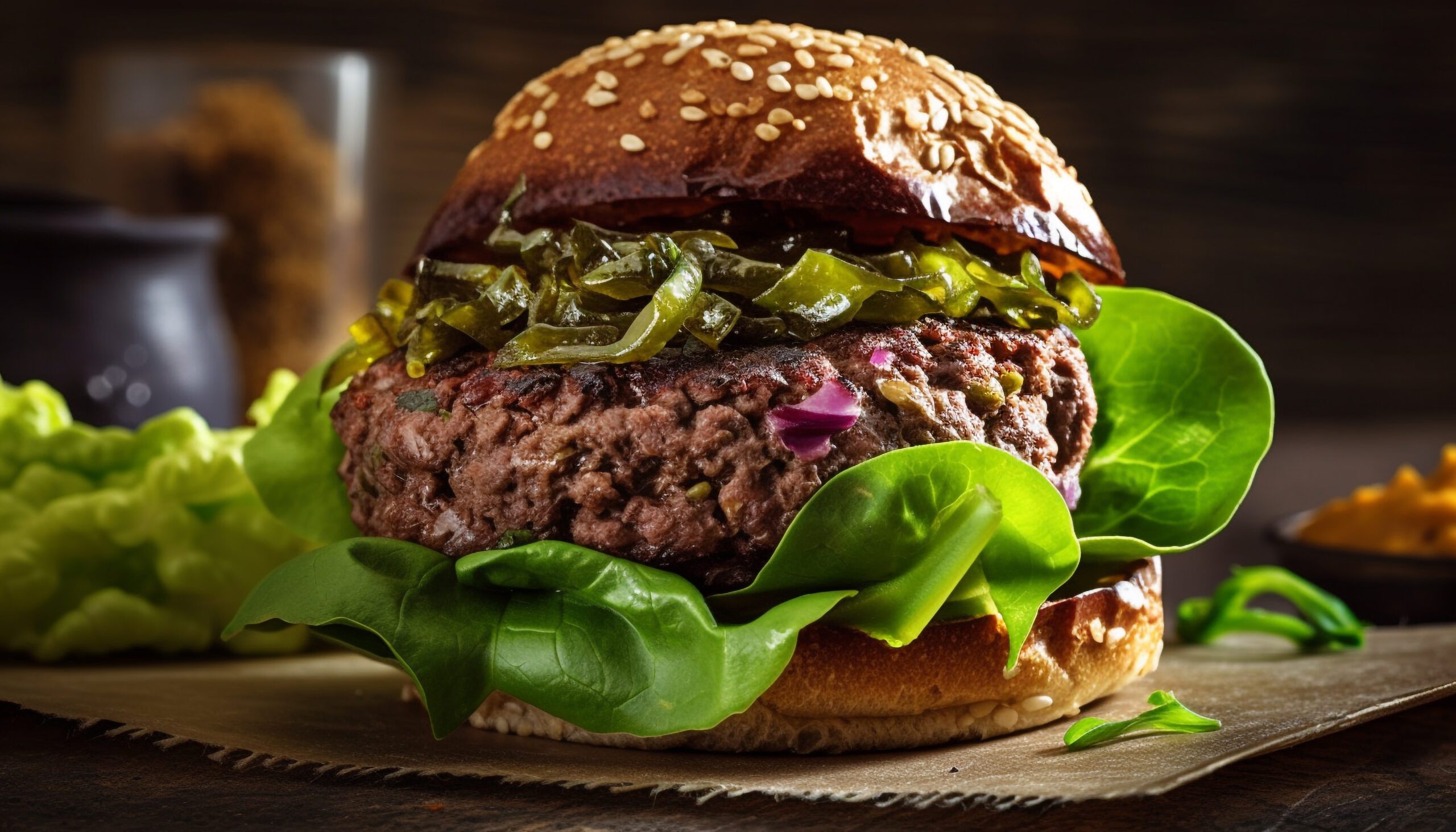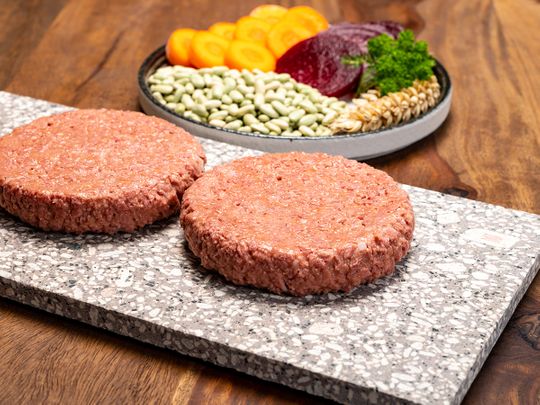By Adam Morrisey
Alternative Proteins, produced from animal cells or fermentation, are designed to taste the same or better than traditional animal products at the same or lower price. By 2050, global meat consumption is projected to reach between 460 million and 570 million tons. Cultured meat, which comes from stem cells extracted from living animals, is the next generation of bio-manufactured alternative proteins.
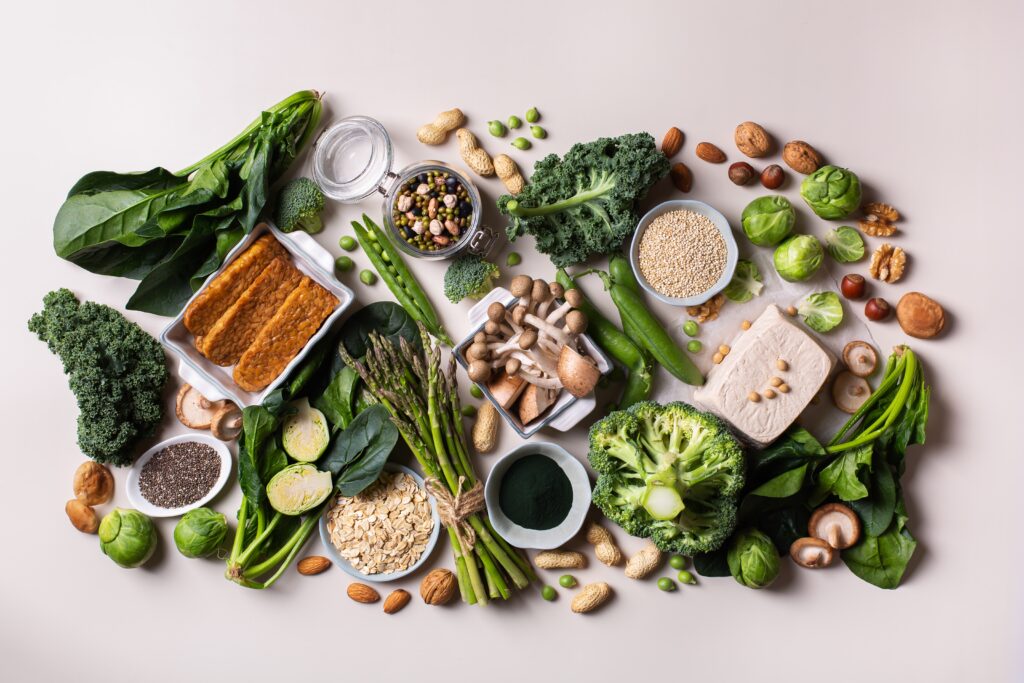
These advancements in farming technology and animal agriculture can increase the cost-efficiency and production of meat. But what is the future of food and protein alternatives for the sake of sustainability of our ecosystem?
Adam Morrisey, Olivia Fox Cabane and Ira Van Eelen discuss…
● Ethical considerations driving the choices of food and protein alternatives
● The risk involved with consuming protein alternatives as opposed to animal-based proteins
● The future of alternative protein and public acceptance
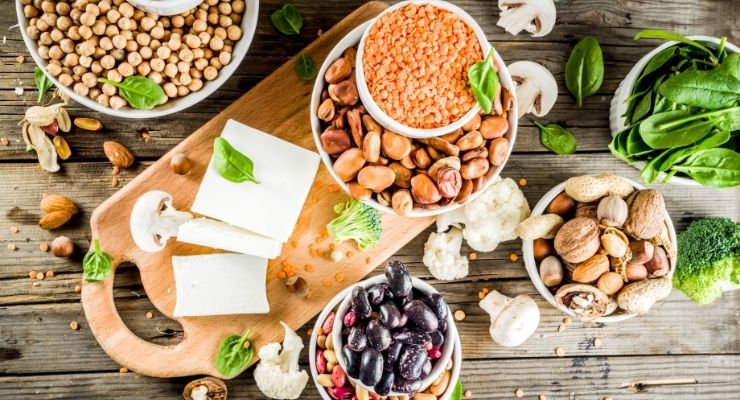
** Click here to read the full-text **





